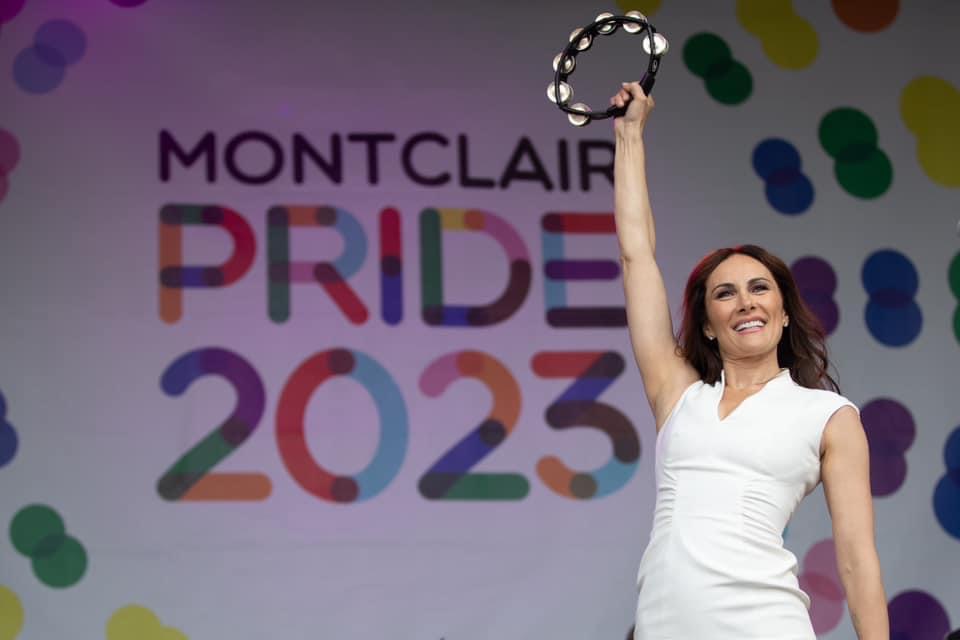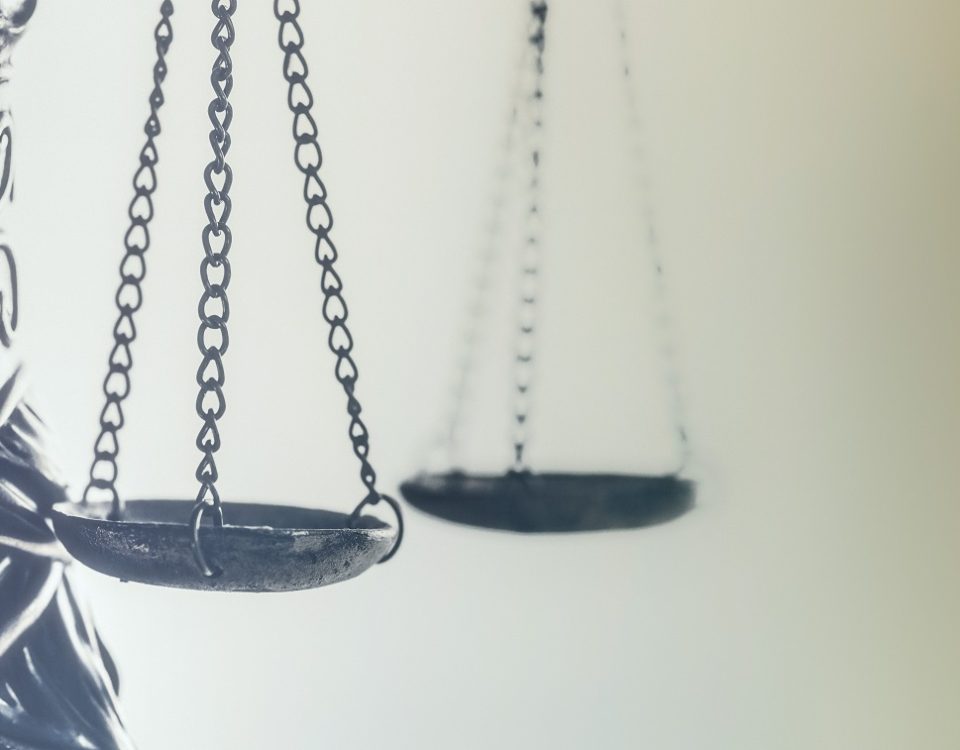The Evolution of LGBTQ Employment Rights: A Global Perspective

Sexual Orientation Workplace Discrimination in New York: Unmasking the Hidden Bias
August 8, 2023
Historical Roots of Gender Employment Discrimination
August 16, 2023Introduction
In the contemporary world, the fight for LGBTQ+ rights has intensified, receiving both acclaim and backlash across various global platforms. At the heart of this battle lies the struggle against LGBTQ employment discrimination – a challenge that many LGBTQ+ individuals face daily. This form of discrimination not only inhibits the right to work but also perpetuates stereotypes, fuels societal prejudices, and further marginalizes an already vulnerable community.
While some nations have made commendable strides in ensuring inclusivity, others still lag, with legal frameworks that either inadequately address the issue or exacerbate the problem. In places like the United States, the Title VII of the Civil Rights Act of 1964 marked a significant turning point, but the global journey towards eliminating LGBTQ employment discrimination is far from over. This article seeks to explore the intricacies of this journey, delving into the laws, challenges, and initiatives across different countries, with the hope of not just educating, but also advocating for a world where one’s sexual orientation or gender identity is no barrier to professional success.
The Global Framework
When discussing LGBTQ employment discrimination, it’s crucial to understand the broader, global framework that either supports or challenges the rights of this community in workplaces. The global panorama is diverse, with a mosaic of laws and policies that both uplift and oppress.
International Conventions & Agreements
The quest for LGBTQ rights in employment isn’t just a regional or national endeavor; it’s a global pursuit. International bodies such as the United Nations have echoed the necessity of equal rights regardless of sexual orientation or gender identity. For instance, the Universal Declaration of Human Rights, although not explicitly mentioning sexual orientation, sets the tone with its commitment to equality, justice, and human dignity. Such foundational documents have been the bedrock on which many LGBTQ rights arguments are made on international platforms.
State Laws & Their Impact
State-specific legislation plays a pivotal role in combating LGBTQ employment discrimination. For example, in the U.S., the Title VII of the Civil Rights Act of 1964 was reinterpreted in recent times to include protections against employment discrimination based on sexual orientation and gender identity. Likewise, numerous countries have adopted state laws that protect LGBTQ people from employment discrimination, acknowledging that individual rights aren’t just a societal need but also a legal mandate. These laws, however, vary drastically in their comprehensiveness, application, and enforcement, leading to a patchwork of protections worldwide.
Emerging Protocols & Regional Directives
Besides state and international laws, regional directives often act as significant influencers. The European Union, for example, has issued directives obligating member states to enact laws protecting individuals from discrimination based on sexual orientation in employment.
However, while there are undeniable advancements in the global framework, many challenges lie ahead. There are still numerous countries where homosexuality is criminalized, let alone being protected from employment discrimination. And even in nations with protective laws, there’s an abyss between legislation and actual practice. This raises pressing questions about the real-life impact of these laws and the avenues available for their enforcement.
Challenges in Enforcing LGBTQ Employment Discrimination Laws
While having laws on the books is an important step towards equality, enforcement remains a formidable challenge in many jurisdictions. A combination of socio-cultural factors, gaps in legal systems, and lack of awareness often contribute to these difficulties.
Societal Stigma and Retaliation
In many cultures, LGBTQ+ identities are still shrouded in stigma. This societal bias often translates to workplaces, where individuals might fear revealing their true identities. When they face discrimination, the fear of further ostracization or retaliation often deters them from seeking legal remedies. Such retaliations can range from further workplace isolation to actual job loss, making the cost of reporting discrimination prohibitively high for many.
Lack of Awareness and Legal Literacy
Ignorance can be as significant a barrier as any law. Many LGBTQ+ individuals might not be aware of their rights or the avenues available for redress. Furthermore, employers, especially in smaller businesses or in countries where LGBTQ+ rights are a relatively new concept, might not be familiar with their obligations under the law. This lack of awareness can perpetuate discriminatory practices, even unintentionally.
Ambiguous Legal Provisions
While laws like Title VII of the Civil Rights Act of 1964 have made strides in clarifying protections for the LGBTQ+ community, in many countries, legal provisions remain ambiguous. The absence of explicit protections for sexual orientation and gender identity can leave room for varied interpretations, making enforcement challenging.
Bureaucratic Hurdles and Protracted Litigations
Even when individuals decide to challenge discrimination legally, they may be confronted with a labyrinthine legal system, characterized by bureaucratic delays and protracted litigation processes. The financial, emotional, and time costs associated with these can be daunting.
Limitations of Legal Recourse
While laws can address overt discrimination, they might fall short in tackling covert, systemic biases. Microaggressions, subconscious biases, or ingrained company cultures that marginalize LGBTQ+ employees can be harder to pinpoint and challenge legally.
Enforcing laws that protect against LGBTQ employment discrimination is more than just a legal battle; it’s a societal one. The subsequent sections will delve into resources available for those facing discrimination and the roles various stakeholders play in championing LGBTQ+ rights in workplaces.

Resources for LGBTQ Individuals Facing Workplace Discrimination
In the face of discrimination, it’s crucial that LGBTQ+ individuals have access to resources and support mechanisms. These not only assist legally but provide emotional and psychological support.
Legal Aid Organizations
For those who feel they’ve been discriminated against, seeking legal counsel is paramount. Numerous organizations offer pro bono or sliding scale legal services specifically tailored to LGBTQ+ rights. In the U.S., groups like Lambda Legal and the ACLU have been instrumental in landmark cases involving LGBTQ+ rights under Title VII of the Civil Rights Act of 1964 and other laws.
Support and Counseling Services
Beyond the legal realm, emotional and psychological support is essential. National and local LGBTQ+ advocacy groups often provide counseling services, hotlines, and peer support groups. These safe spaces can be invaluable for individuals grappling with workplace discrimination.
Educational Workshops and Seminars
Knowledge is a potent weapon against discrimination. Workshops, seminars, and webinars focusing on LGBTQ+ rights, particularly in the workplace, can empower individuals with the knowledge and tools to advocate for themselves and their peers.
Online Platforms and Forums
In the digital age, online communities can offer immense support. Platforms dedicated to LGBTQ+ rights and workplace issues serve as a space for sharing experiences, advice, and resources. They can also be vital in forming networks and coalitions to challenge systemic discrimination.
Reporting Mechanisms and Helplines
Several countries have established helplines and reporting mechanisms specifically for LGBTQ+ discrimination. These can guide individuals through the process of reporting discriminatory incidents and connect them with relevant resources.
Arming oneself with knowledge and resources can make a significant difference in challenging discrimination. But the responsibility doesn’t lie solely with the affected individuals. Employers play a crucial role in either perpetuating or combating discrimination, and allies can be invaluable in this fight, as discussed in our upcoming sections.
The Role of Employers in Combating LGBTQ Employment Discrimination
Employers, from small businesses to multinational corporations, have a pivotal role in shaping workplace cultures. Their decisions, policies, and practices can create an environment of inclusivity or perpetuate discriminatory attitudes.
Implementing Clear Anti-Discrimination Policies
It’s not just about complying with laws like Title VII of the Civil Rights Act of 1964 or respective state laws. Proactive employers draft, publicize, and enforce clear anti-discrimination policies that explicitly protect LGBTQ+ employees. Having a written policy sends a strong message to the workforce about the company’s stance on inclusivity.
Training and Education Programs
Awareness and education can address many subconscious biases. Regular workshops, sensitivity training sessions, and seminars can equip employees with a better understanding of LGBTQ+ issues and challenge prejudiced beliefs.
Creating LGBTQ+ Affinity Groups
LGBTQ+ employee resource groups or affinity groups can offer a supportive community within the larger organization. These groups often provide feedback to higher management about company policies and also serve as a resource for LGBTQ+ employees.
Comprehensive Benefits Packages
Inclusivity goes beyond just hiring policies. Employers can demonstrate their commitment by offering benefits packages that recognize diverse family structures, offer transgender-inclusive healthcare, and provide other resources tailored to LGBTQ+ employees’ needs.
Actively Seeking Feedback
By regularly surveying employees and creating an open dialogue, employers can gain insights into the lived experiences of their LGBTQ+ workforce. This feedback can guide further improvements in company culture and policies.
While employers wield considerable influence in combating LGBTQ+ discrimination, they’re not alone in this journey. Allies, individuals who support and stand in solidarity with the LGBTQ+ community, can amplify efforts to challenge discrimination. Their role, often underestimated, is crucial in fostering understanding and building bridges, as we’ll explore in our subsequent section.
The Importance of Allies in the Fight Against LGBTQ Employment Discrimination
In the battle against workplace discrimination, allies can be the unsung heroes. Their support, advocacy, and voice can magnify the concerns of the LGBTQ+ community, fostering a more inclusive environment for everyone.
Understanding and Educating
One of the most impactful roles an ally can play is taking the initiative to educate themselves. Allies can attend workshops, read literature, and engage in open dialogues to understand the experiences and challenges faced by LGBTQ+ individuals. By proactively seeking knowledge, they can also help in dispelling myths and misconceptions among peers.
Speaking Up Against Discrimination
Silence can be misconstrued as complicity. Allies have the power to challenge derogatory comments, jokes, or actions that they witness. Even in subtle instances of microaggressions, allies can take a stand, setting a precedent for acceptable behavior.
Supporting LGBTQ+ Colleagues
Simple acts of support, be it attending an LGBTQ+ event, advocating for inclusive policies, or merely being an understanding ear, can make a world of difference. Allies can foster a sense of belonging, which is instrumental in challenging workplace discrimination.
Promoting Inclusive Policies
Allies can use their influence to advocate for more inclusive workplace policies. Whether it’s pushing for transgender-inclusive healthcare benefits or promoting the creation of LGBTQ+ affinity groups, allies can be crucial drivers of change.
Being A Bridge
Sometimes, allies can act as mediators, bridging gaps of understanding between the LGBTQ+ community and those unfamiliar with or even resistant to LGBTQ+ rights. Their unique position allows them to communicate and break down barriers, fostering a more unified workforce.
The fight against LGBTQ employment discrimination is a collective one. Allies, in their steadfast support, not only uplift the LGBTQ+ community but also foster workplaces where diversity is celebrated, not discriminated against. As we move forward, the combined efforts of the LGBTQ+ community, allies, employers, and legal systems will shape the future of employment discrimination, a topic we’ll touch upon in our concluding section.
The Future of LGBTQ Employment Discrimination
As societies continue to evolve, understanding and addressing LGBTQ employment discrimination remains both a challenge and an opportunity. The strides made over the years, fueled by tireless advocacy and changing societal perceptions, give hope. Yet, the path ahead is still riddled with obstacles.
Emerging Legal Landscape
While legislation such as Title VII of the Civil Rights Act of 1964 and the Transgender Employment Non-Discrimination Act (ENDA) marks significant progress in the U.S., there’s a global shift towards more inclusive legal frameworks. Many countries, once oblivious or even hostile to LGBTQ rights, are gradually acknowledging the importance of protecting all citizens from discrimination. The international community’s role in advocating for these rights cannot be understated.
Persistent Challenges
While laws offer protection, the enforcement of these rights remains a challenge. Societal prejudices, lack of awareness, or even institutional biases can impede the realization of these rights. For many LGBTQ individuals, the fear of retaliation or stigmatization might deter them from reporting discrimination. Addressing these challenges requires a multi-faceted approach, involving legal reforms, societal education, and proactive employer policies.
Technological Advancements and New Avenues for Discrimination
With the digital age, the very nature of work and workplaces is transforming. This evolution brings with it both opportunities and new challenges. Virtual workplaces, AI-driven recruitment processes, and online professional networks might inadvertently open new avenues for discrimination. Vigilance and adaptability will be crucial in ensuring that technological progress doesn’t compromise LGBTQ rights.
Unified Efforts for a More Inclusive Future
The future is shaped by collective efforts. Employers, allies, the LGBTQ community, and legal entities must collaborate to foster environments where one’s sexual orientation or gender identity doesn’t determine their professional opportunities or experiences. Empowerment programs, educational initiatives, and global cooperation will be instrumental in charting this path forward.
In conclusion, the journey to eradicate LGBTQ employment discrimination is ongoing. The combined efforts of various stakeholders promise a future where workplaces are bastions of inclusivity and acceptance. While challenges persist, the commitment to a fairer, more equitable world for all remains undeterred.


